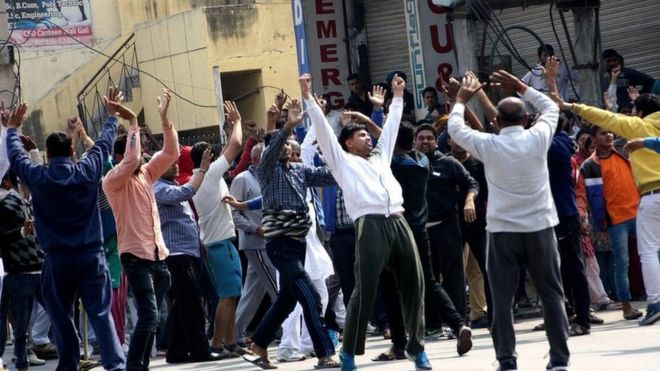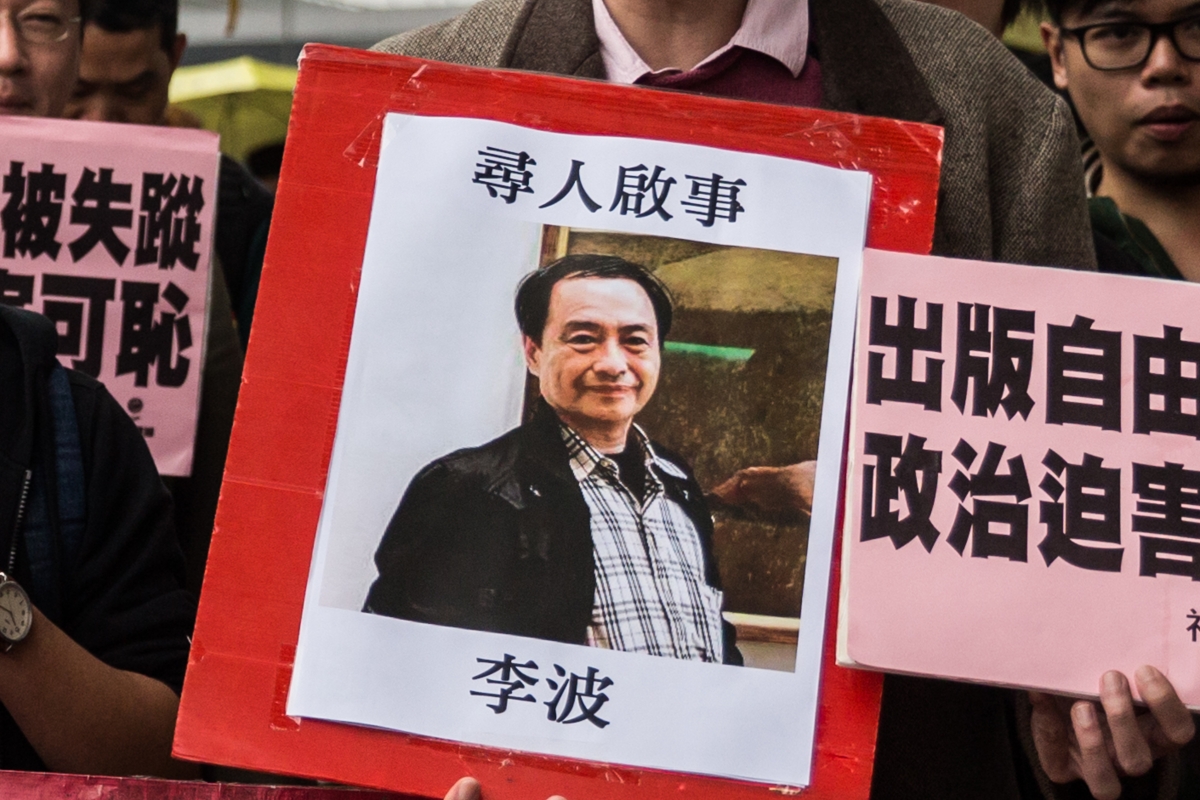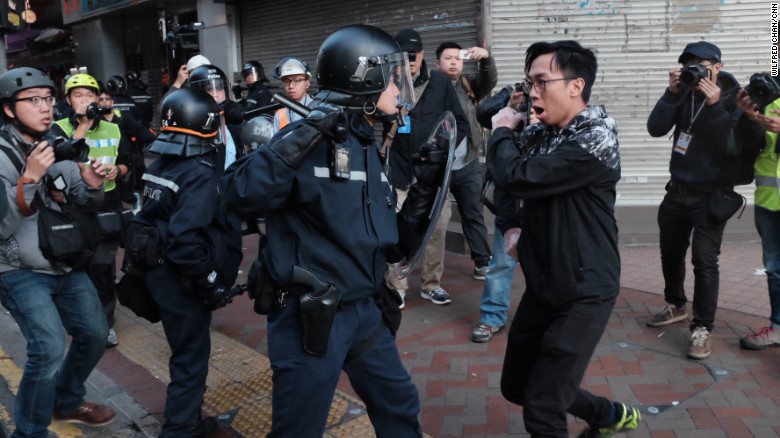By Christine Khamis
Impunity Watch Reporter, Asia
NEW DELHI, India –
Protesters from the Jat community in India have damaged equipment in the Munak canal, leading to Delhi authorities setting strict water rationing rules. Delhi schools are closed on Monday because water supplies in the area are in danger of running dry. Seven out of nine water treatment plants have closed due to the protests. Irrigation engineers are currently attempting to restore water to the area.
Violent demonstrations are ongoing, with protestors violating curfew rules and forcing the closure of roads and railways. India has deployed its army to quash the protests, which is reported to gave opened fire on them in some areas. At least 12 people have been killed by security forces, with another 150 sustaining injuries. Protesters have continued to throw rocks at security forces, attack vehicles and set buildings and other public property on fire.

Delhi’s government has sought out assistance with the water shortage from the Supreme Court. Prime Minister Narendra Modi’s government is also in the process of forming a committee to consider the protesters’ demands.
The Jat protesters are campaigning for guaranteed jobs within India’s caste system. India’s constitution incorporates an affirmative action program in which the lower castes in its system have reserved and protected opportunities in education, employment, and government.
There are three categories of lower castes: the Scheduled Castes, the Scheduled Tribes, and the Other Backward Castes (OBC). The Scheduled Castes, called Dalits, are the lowest in the caste system. The Scheduled Tribes generally live in remote areas. The OBCs are disadvantaged but are not as excluded from Indian society as the other two groups. They are essentially considered to be those in the lower castes who are considered backward simply because they did not belong to the upper castes.In 1989, benefits were extended to those in the OBC category.
In March 2014, India’s government announced that it planned to recategorize the Jats as falling into the OBC category, which would entitle the Jats to be part of a government quota system for jobs. India’s Supreme Court recalled the plan in 2015 because in its view, the Jats are not entitled to OBC status.
The Jats believe that the Supreme Court’s decision places them at a disadvantage because they are not entitled to the same job quotas as those in the other lower castes.
For more information, please see:
ABC News – Deadly North India Protests Lead to New Delhi Water Shortage – 21 February 2016
BBC News – Water Crisis Fears in Delhi Over Jat Caste Unrest – 21 February 2016
The Economic Times – Jat stir: Delhi Reels Under Water Crisis; Schools to be Shut on Monday – 21 February 2016
The Sydney Morning Herald – Delhi water crisis: Schools, Factories Close as Indian Army Deploys to Quell Protests – 21 February 2016



